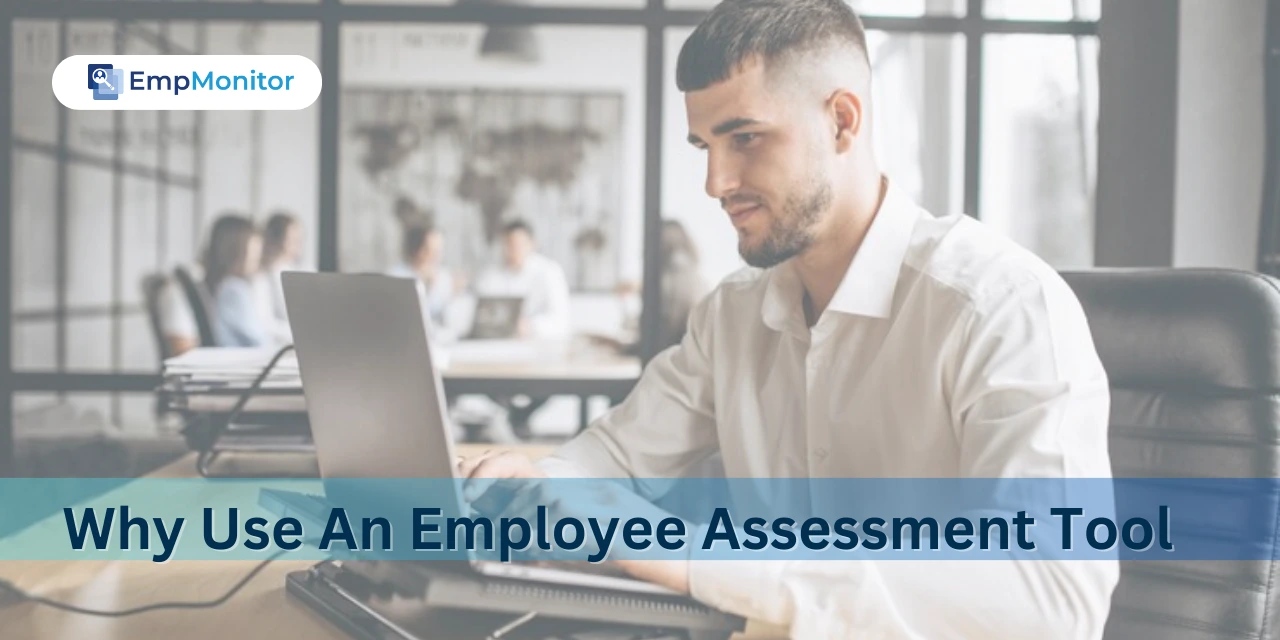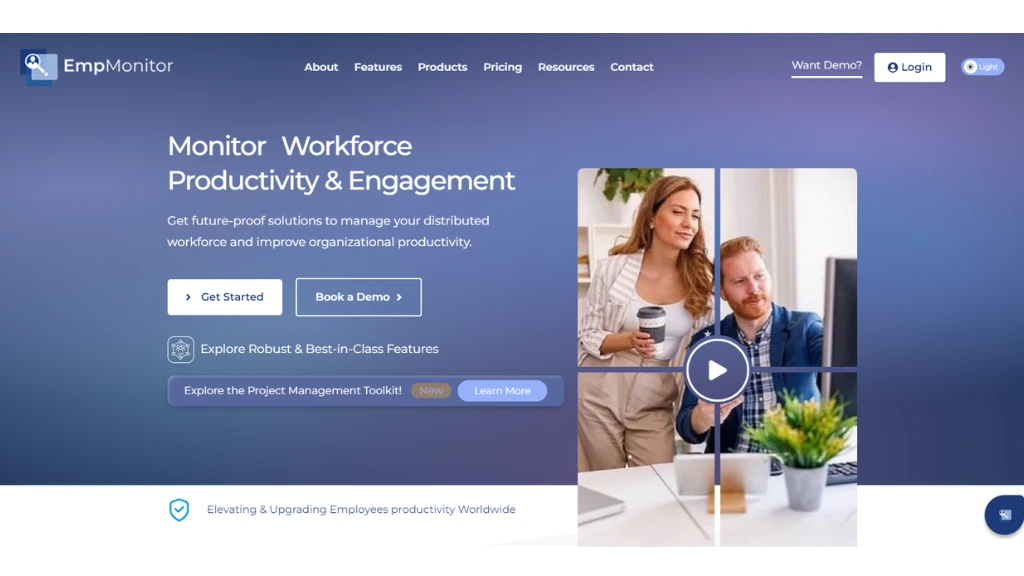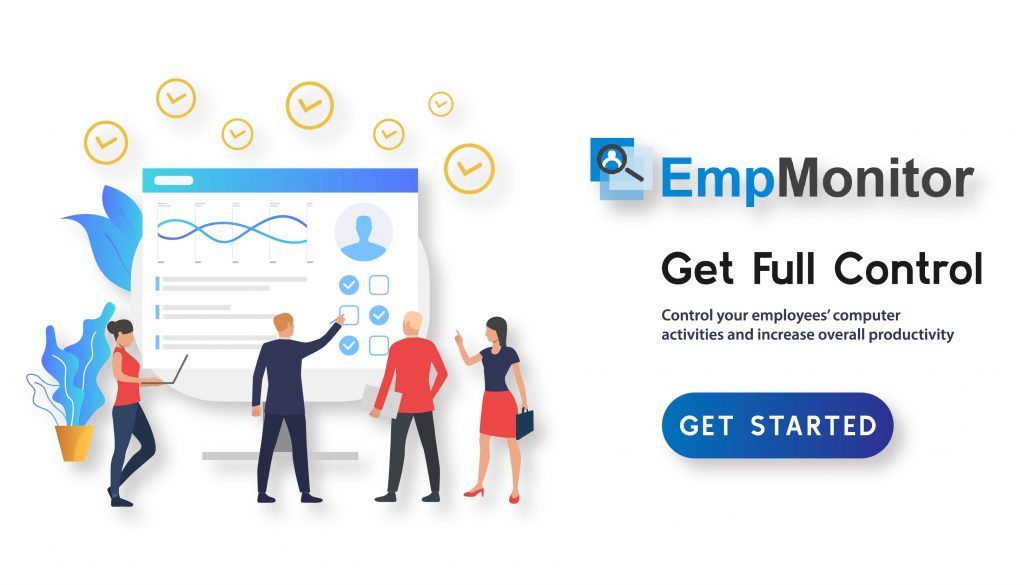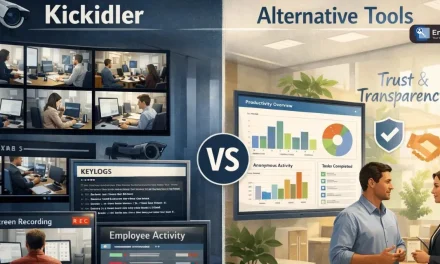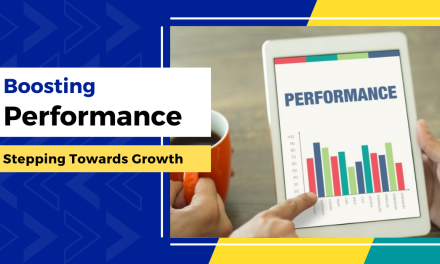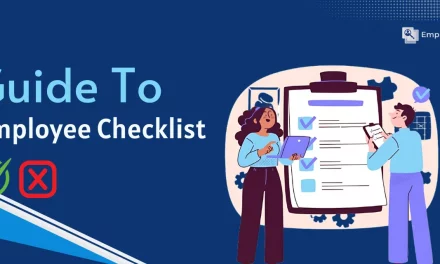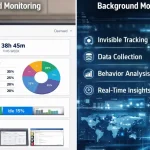In today’s dynamic workplace, investing in an employee assessment tool is more than a strategic choice—it’s a key driver of organizational success. From honing hiring decisions to fostering professional growth, these tools offer a multitude of benefits.
The competitive market poses numerous hurdles for business owners and managers striving to achieve results while upholding their company’s reputation.
Amidst the complexities of business expansion, the crucial aspects of employee satisfaction and performance often find themselves overlooked or insufficiently scrutinized.
Here, an employee assessment tool becomes convenient for employers. Employers, human resources professionals, and managers use these tools to make well-informed decisions related to hiring, development, and promotion.
The primary goal is to assess and understand an employee’s strengths, weaknesses, and potential areas for improvement.
Companies that think about the future prioritize a thriving and productive work environment, recognizing its pivotal role in shaping the future.
The success of any business rests on the ongoing and meticulous analysis of its employees’ performance.
Implementing these tools allows you to maintain a proactive approach, staying attuned to your business’s pulse and addressing issues constructively and promptly as they arise.
Let us now unravel the seven reasons why an employee assessment tool is advantageous for your company in 2024.
Listen To The Podcast Now!
Why You Need An Employee Assessment Tool In 2024?
Employee assessment tools are essential for businesses to make informed decisions in hiring, performance evaluation, and talent development.
They provide objective insights into skills, strengths, and areas for improvement, fostering a productive work environment.
Strategic use of assessment tools aligns employee capabilities with business goals, driving sustained success.
They hold significant importance for organizations in various aspects of human resources management.
Here are seven key reasons highlighting their importance:
Objective Hiring Decisions:
Incorporating an employee assessment tool into the hiring process creates a standardized and impartial framework for evaluating candidates.
Using these tools, you can evaluate specific skills, personality traits, and job-related competencies, and organizations can guarantee a systematic and objective appraisal of candidates.
This systematic approach not only enhances the quality of hiring decisions but also mitigates biases, fostering fairness in candidate evaluation.
The judicious utilization of these tools serves as a pivotal mechanism for promoting transparency and equitability in the recruitment process, aligning organizational needs with individual capabilities.
Basically, the strategic incorporation of the employee assessment tool elevates the hiring process, contributing to more informed and unbiased decisions.
Identifying Top Talent:
To identify top talent within the current workforce, you need the assistance of such an assessment tool.
The strategic implementation of this tool enables the proper allocation of resources, ensuring that efforts get centered on cultivating and retaining key contributors.
Moreover, by leveraging the insights garnered from the employee assessment tool, you can formulate tailored professional development plans to harness and amplify the strengths of high-potential individuals.
This proactive approach optimizes resource utilization and fortifies the organization by nurturing and advancing the talents that significantly contribute to its success.
An assessment tool represents a strategic instrument for recognizing and developing top talent within the workforce.
Skill Gap Analysis:
An employee assessment tool facilitates a meticulous examination of the skills present within the organization through comparison to the requirements essential to meeting business objectives.
This process enables the identification of skill gaps, offering valuable insights into areas that demand augmentation. Leveraging the data garnered from it, organizations can implement targeted training programs designed to address and bridge these identified deficiencies.
In aligning skill development programs with business goals, the organization ensures a focused and effective approach to talent development. Ultimately, the judicious use of the tool supports a proactive strategy in mitigating skill gaps.
It fosters a workforce that is adept and aligned with the evolving needs of the business. Employee management is a vital aspect here. with the use of this tool, you can efficiently measure employee productivity for success of the organization.
With proper management of employees, you can assess the gaps in skills among the team members. You require the assistance of employee management software and a productivity measurement tool for it.
EmpMonitor is the best employee management software for all your workforce management-related issues. So, let us learn how this software can assist you.
EmpMonitor- Your Go To Solution For All Your Employee Management And Productivity Issues.
EmpMonitor stands out as the most preferred workforce productivity management software, with more than fifteen thousand businesses using it for employee management.
It excels in its ability to streamline employee assessment processes. With its intuitive interface and robust features,
EmpMonitor enables a smooth assessment of employee performance, enabling organizations to make data-driven decisions. It also aids in monitoring the productivity of employees in the workplace.
The software goes beyond traditional metrics, providing in-depth insights into productivity, task completion, and project efficiency. This comprehensive approach ensures a holistic understanding of individual and team contributions, fostering a culture of continuous improvement.
It is the finest employee productivity software that can help you track and analyze the productivity of your workforce. With the best tools to measure the productivity of your employees, it reduces the load on your shoulders greatly.
EmpMonitor’s sophisticated analytics not only simplifies workforce management but also empowers organizations to optimize their talent pool, making it an invaluable tool for enhancing employee assessment and overall organizational efficiency.
Some other liked features of EmpMonitor are:
- Attendance Management
- User Tracking
- Project & Task Management
- Real-Time Insights
You can also use this software to:
- Monitor team performance
- Manage distributed workforce
- Enhance security measures
- Increase productivity at work
Therefore, EmpMonitor can assist in employee management and automate numerous processes that would otherwise need manual handling.
It decreases the workload of employers drastically and makes employee assessment much more effortless.
Now, let’s return back to our topic.
Employee Development:
Execution of an employee assessment tool yields invaluable insights into the strengths and weaknesses of individual employees. This data serves as a foundation for crafting personalized development plans customized to address specific areas of improvement.
Strategic deployment of the tool allows organizations to identify unique skills and competencies of each employee, allowing for targeted training and learning initiatives.
These personalized plans ensure that employees receive focused developmental opportunities and enhancement of their skill sets.
Consequently, it becomes a pivotal instrument in aligning individual growth trajectories with organizational objectives.
It contributes to the development of a workforce that is not only skilled but also well-equipped to meet the evolving demands of the business.
Also Read:
Measuring Employee Engagement: Why It Matters and How to Do It Right
Measuring Employee Productivity: The Key to Maximize Success
How To Boost Team Accountability In The Workplace
Enhanced Team Dynamics:
The use of employee assessment tools can help teams gain a better understanding of their team members’ personalities and work styles.
By utilizing the assessment tool, organizations gain valuable insights into communication preferences, collaboration styles, and potential conflicts within teams. This comprehensive understanding enables leaders to curate teams that leverage individual strengths and complement one another.
The judicious deployment of it facilitates the creation of more effective and cohesive teams, fostering a collaborative environment where diverse skills harmonize and boosts team accountability in workplace.
Ultimately, this strategic approach to team dynamics, informed by the insights derived from the workforce assessment tool, contributes to heightened productivity and synergy, aligning team structures with the all-inclusive goals of the organization.
Improved Employee Engagement:
An employee assessment tool plays a crucial role in strengthening and measuring employee engagement within an organization.
Through regular assessments, the organization communicates a tangible commitment to the growth and development of its workforce.
It serves as a transparent mechanism, showcasing opportunities for advancement based on individual strengths. This proactive approach fosters a sense of motivation among employees and cultivates a commitment to the organization’s objectives.
By consistently demonstrating a vested interest in employees’ professional development through the tool, organizations create a culture of engagement where individuals feel valued and integral to the broader success of the company.
The strategic utilization of the tool becomes instrumental in fostering sustained employee engagement.
Retention and Succession Planning:
A succession planning and retention strategy cannot be complete without incorporating an employee assessment tool. By leveraging the tool, organizations can discern individuals with distinct leadership potential.
This insightful identification facilitates more effective succession planning, enabling the grooming of internal talent for future leadership roles. Through a refined understanding of employees’ career aspirations and development needs, the assessment tool allows for the creation of clear pathways for promotion.
This proactive approach not only aligns individual goals with organizational objectives but also mitigates turnover by fostering professional growth and advancement.
As an organization grows, employee assessment tools become increasingly important for developing and retaining talent.
Conclusion:
Investing in an employee assessment tool can be a strategic decision that positively impacts various aspects of your organization, from recruitment and development to team dynamics and long-term planning.
It provides a data-driven approach to human resources management, contributing to more informed and effective decision-making processes.
From fostering unbiased hiring decisions and identifying top talent to addressing skill gaps, increasing workplace productivity, and enhancing team dynamics, these tools contribute significantly to organizational success.
Moreover, by using these tools for development, engagement, and succession planning, businesses can create a dynamic and resilient workforce.
The judicious utilization of these tools elevates individual and team performance and aligns the organization with its long-term objectives, ensuring sustained growth and competitiveness.

